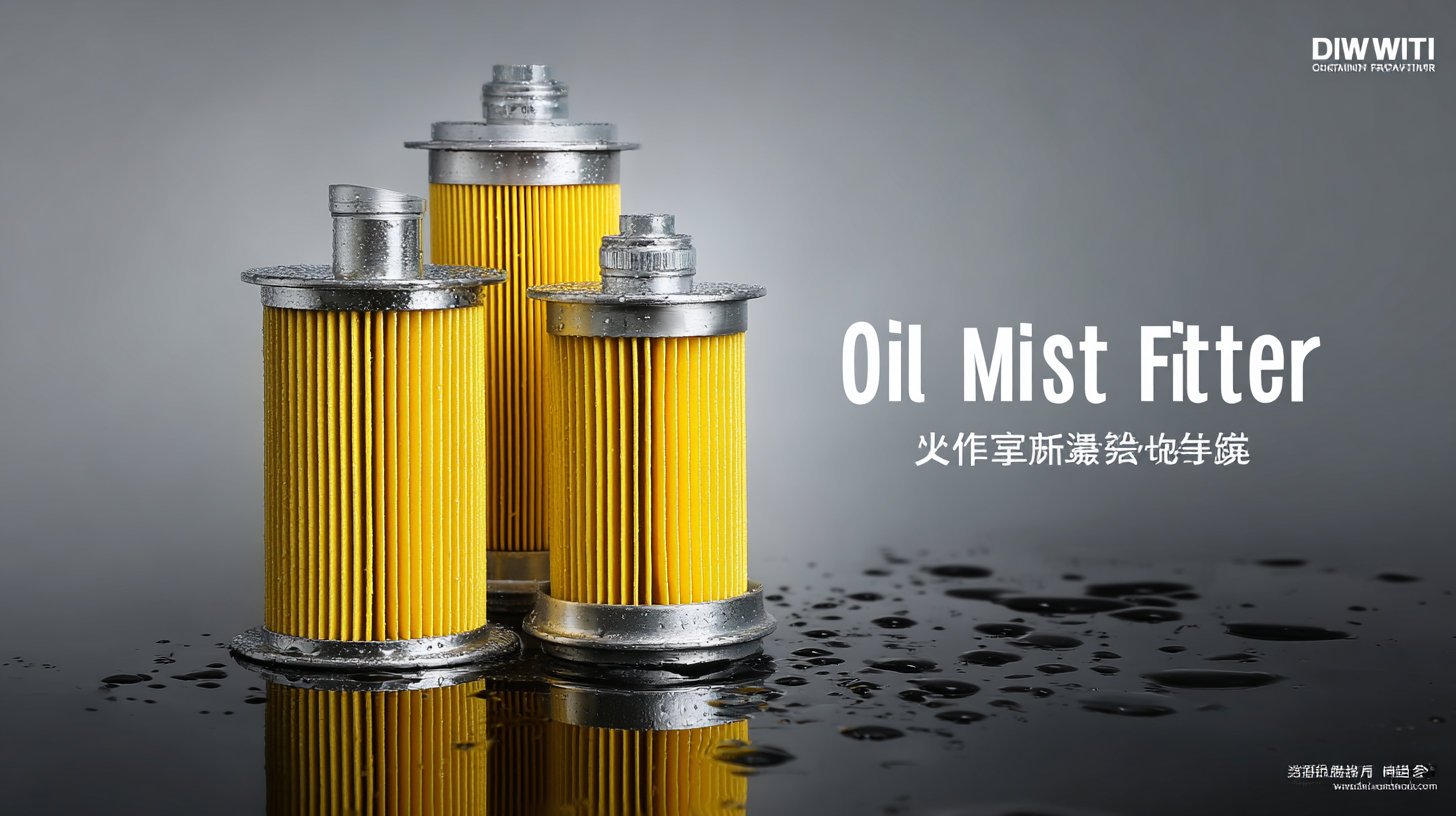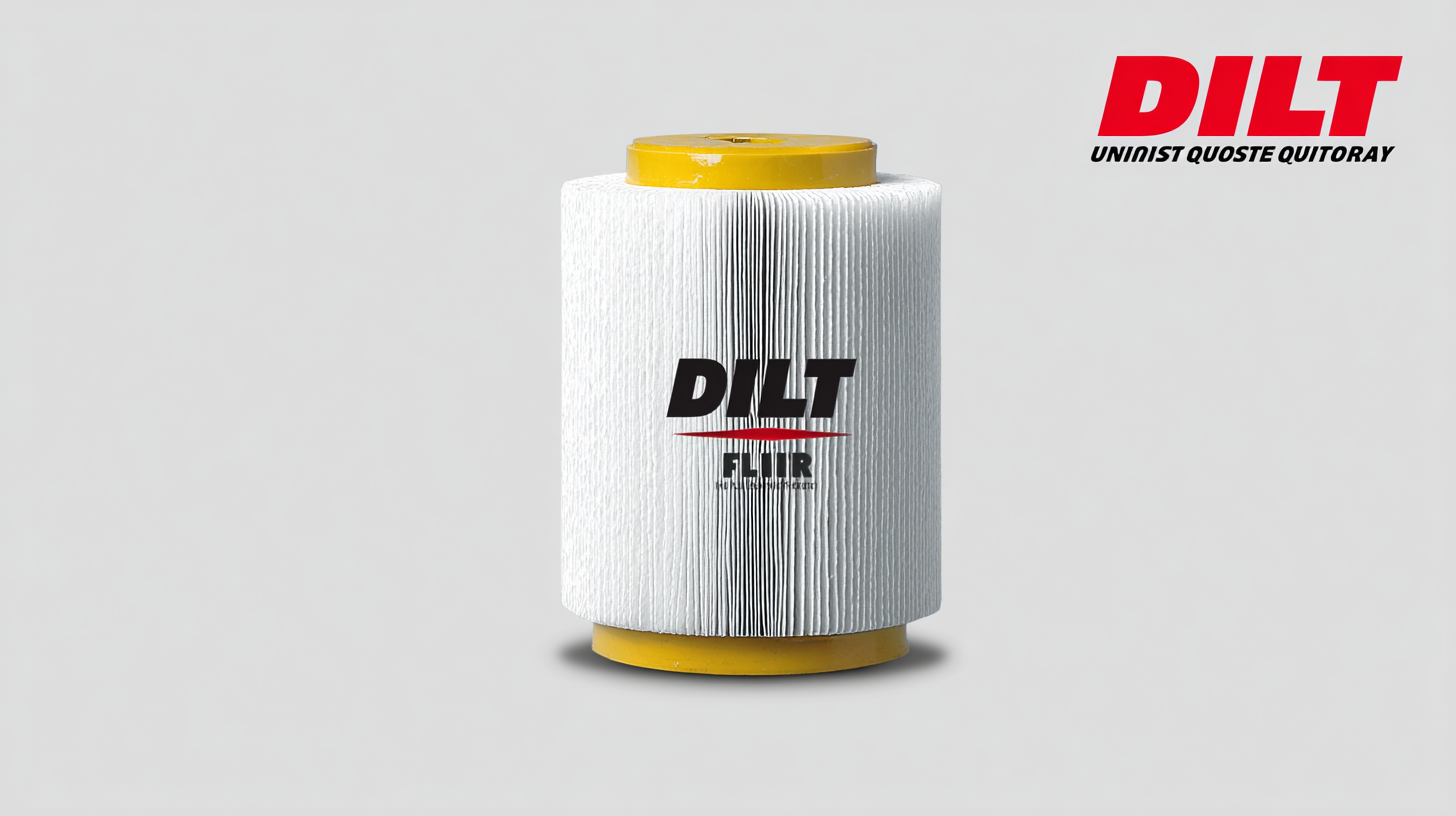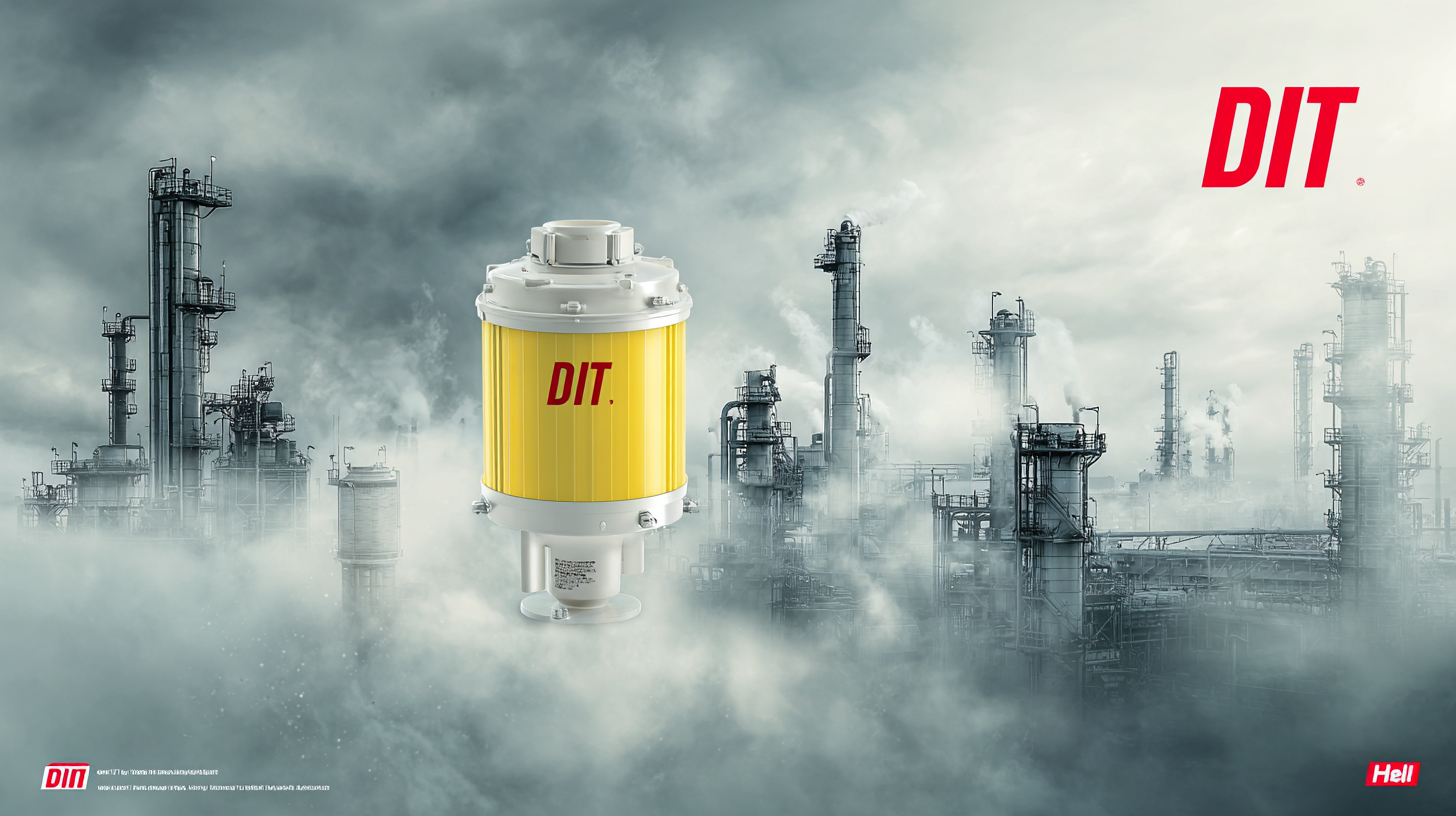
- sales@bjbod.com
- Mon - Sat at 7:00AM to 9:00PM

When searching for the ideal supplier for your Oil Mist Filter Buy, it is crucial to ensure that you partner with a reputable and high-quality manufacturer. As industries continue to evolve, so does the need for efficient filtration systems that can enhance performance while reducing environmental impact. This blog will guide you through the essential factors to consider when selecting a supplier, alongside a comprehensive checklist that outlines the key criteria you should evaluate. By focusing on the superior quality offered by China's leading manufacturing factories, you will not only secure a reliable product but also contribute to the sustainability of your operations.
 Join us as we explore the best practices and insights that will empower you to make an informed decision in your oil mist filter procurement journey.
Join us as we explore the best practices and insights that will empower you to make an informed decision in your oil mist filter procurement journey.
 In the realm of industrial manufacturing, the significance of oil mist filters cannot be overstated. These essential components play a critical role in maintaining a clean and safe working environment by effectively capturing harmful airborne particles generated during machining processes.
In the realm of industrial manufacturing, the significance of oil mist filters cannot be overstated. These essential components play a critical role in maintaining a clean and safe working environment by effectively capturing harmful airborne particles generated during machining processes.
Oil mist, often a byproduct of metalworking operations, can lead to serious health hazards for workers and detrimental effects on equipment if left unchecked. By implementing high-quality oil mist filters, factories not only ensure compliance with health and safety regulations but also enhance the overall efficiency of their operations.
Moreover, the advantages of using superior oil mist filters are evident in their ability to prolong the lifespan of machinery. Regular exposure to oil mist can cause corrosion and wear on equipment, leading to costly repairs and downtime. By utilizing advanced filtration technology, industries can minimize such risks, resulting in lower maintenance costs and improved productivity.
As China's leading manufacturing factory continues to innovate and produce these filters, the importance of investing in top-tier filtration solutions becomes increasingly clear, ultimately benefiting both the workforce and the manufacturing process as a whole.
In today's industrial landscape, the efficiency of oil mist filters plays a crucial role in maintaining air quality and enhancing operational performance. China's leading manufacturing factories have revolutionized the production standards of these essential components, ensuring that they meet rigorous testing and regulatory requirements. By optimizing the design and materials used in these filters, Chinese manufacturers have established themselves at the forefront of the oil mist filtration industry.

When considering the selection of oil mist filters, it is essential to keep a few tips in mind. First, examine the filtering efficiency rating of the product to ensure it meets your specific needs. Higher efficiency ratings not only improve air quality but also prolong the lifespan of the machinery. Second, assess the durability of the materials used in the filter; robust construction can withstand the rigors of various industrial environments, ultimately reducing maintenance costs. Lastly, consider the manufacturer's production certifications, as these often indicate adherence to strict quality standards, ensuring you invest in a reliable and effective filtration solution.
 Oil mist filtration is an essential aspect of modern manufacturing processes, particularly in industries where equipment longevity is critical. The presence of oil mist can lead to severe wear and tear on machinery, resulting in unexpected downtime. According to a recent report by the International Journal of Precision Engineering and Manufacturing, improper oil mist management can reduce equipment lifespan by up to 30%. Consequently, implementing high-quality oil mist filters is crucial for mitigating these challenges.
Oil mist filtration is an essential aspect of modern manufacturing processes, particularly in industries where equipment longevity is critical. The presence of oil mist can lead to severe wear and tear on machinery, resulting in unexpected downtime. According to a recent report by the International Journal of Precision Engineering and Manufacturing, improper oil mist management can reduce equipment lifespan by up to 30%. Consequently, implementing high-quality oil mist filters is crucial for mitigating these challenges.
One of the key industry challenges in oil mist filtration is the inconsistency in mist droplet sizes, which can affect the efficiency of the filtration process. Filters that are not designed to handle varying droplet sizes can lead to reduced filtration performance. It is essential to choose an oil mist filter that is equipped with advanced technology to adapt to these fluctuations.
Tip: Regular maintenance and timely replacement of oil mist filters can significantly enhance the efficiency of the filtration system, ensuring that your machinery operates smoothly. Additionally, monitoring the filtration system’s performance through periodic testing can help identify issues before they escalate, further preserving equipment integrity. Investing in high-quality filters from China’s leading manufacturing factories not only addresses these challenges but also optimizes overall operational performance.
In recent years, the demand for high-quality oil mist filters has surged, driven by industries seeking to enhance operational efficiency and mitigate environmental impact. A comparative analysis of oil mist filters from China's top manufacturers reveals significant metrics that set these products apart. According to a report from the Chinese Industrial Filtration Association, manufacturers in China boast an overall filtration efficiency exceeding 99%, making them leaders in the global market. This efficiency is achieved through advanced filtration media and innovative design, capable of trapping even the smallest oil droplets effectively.
Moreover, durability is another critical quality metric. Data from a study conducted by the China Machinery Industry Federation indicates that top manufacturers offer oil mist filters with a lifespan of up to 10,000 hours, which is 20% longer than some competitors. This longevity not only reduces replacement frequency but also lowers operational costs for users. By prioritizing quality in construction and material selection, these manufacturing giants ensure compliance with international standards, further solidifying their position in the global filtration market.
The advancement of technologies in oil mist filtration is reshaping industry standards and driving growth in the global dust collector market. As filtration efficiency and equipment reliability become paramount, innovations such as gradient fibrous filters play a crucial role. These filters, composed of fine microfibers, are designed to capture even the smallest particles, promoting a cleaner and safer working environment. This is particularly significant in sectors where oil mist can compromise both machinery performance and worker health.
Emerging technologies not only enhance filtration capabilities but also reduce the overall operational costs associated with dust and mist management. Investments in cutting-edge equipment are essential, yet the benefits far outweigh the initial expense. For manufacturers, the integration of advanced filtration systems can lead to improved compliance with stringent environmental regulations while maintaining high productivity levels. As the market is projected to grow significantly over the next decade, embracing these new technologies will be key for industries aiming to stay ahead in a competitive landscape.
| Filter Type | Efficiency (%) | Flow Rate (m³/h) | Operating Temperature (°C) | Material |
|---|---|---|---|---|
| Centrifugal Filter | 99.9 | 500 | 100 | Stainless Steel |
| Electrostatic Filter | 98.5 | 600 | 80 | Plastic Composite |
| Coalescing Filter | 95.0 | 550 | 90 | Aluminum Alloy |
| Membrane Filter | 97.0 | 400 | 70 | Polypropylene |
| Fiber Filter | 96.5 | 450 | 85 | Glass Fiber |